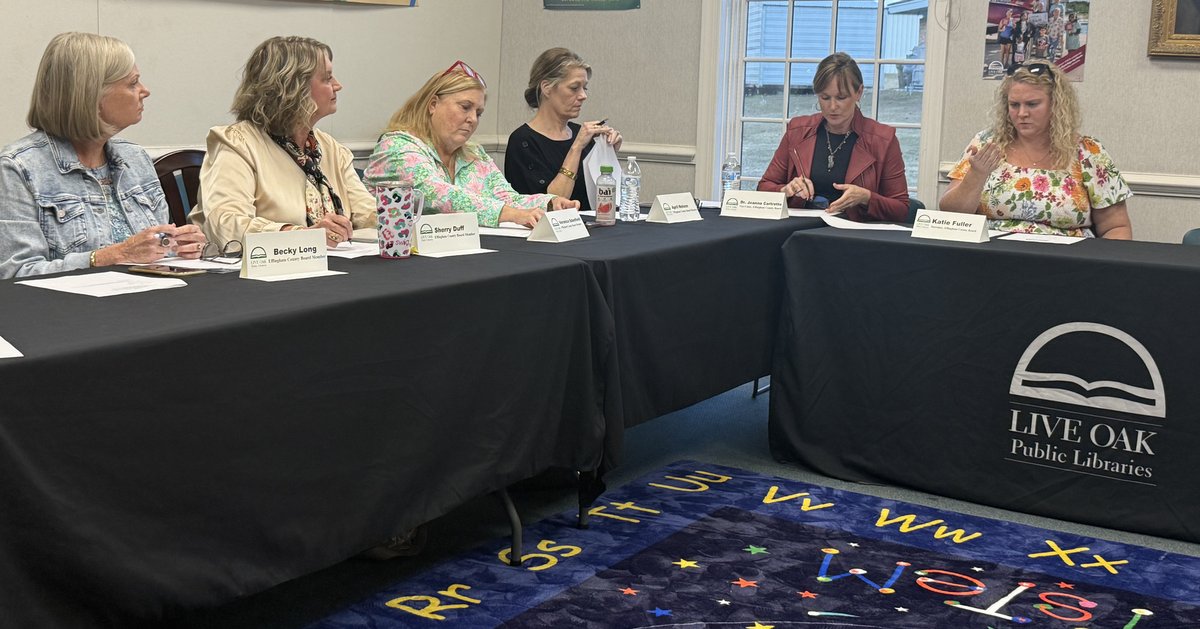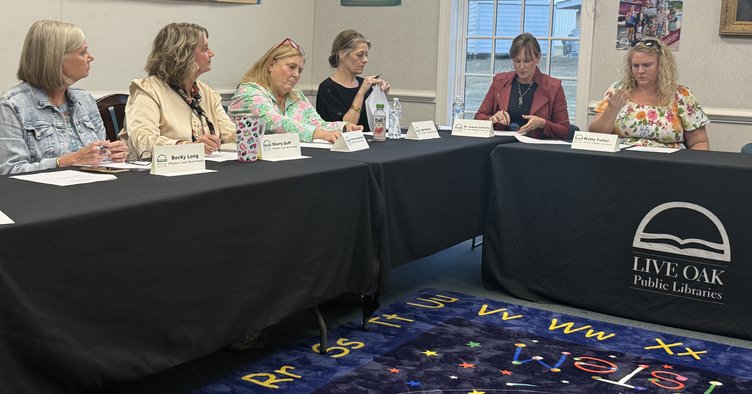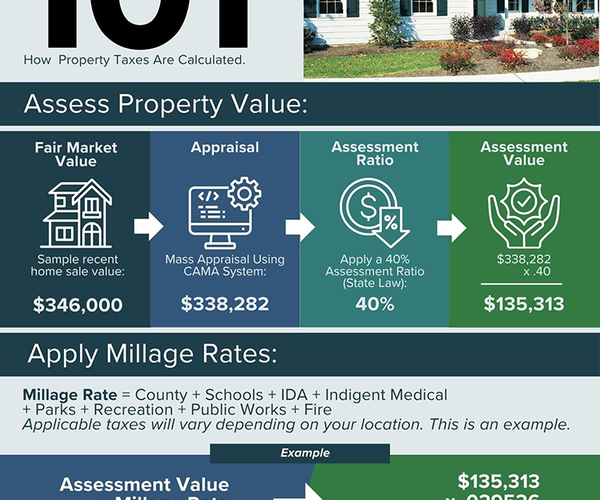Effingham County commissioners raised rates for county water customers, and now commissioners are getting flooded with calls about water bills.
At their meeting Tuesday night, commissioners grappled with how to allow residents to pay toward their new higher bills without having to pay the entire bill, which for some, may not be possible and lead to their water getting cut off.
“I’m getting a lot of calls about increasing water bills,” said 2nd District Commissioner Vera Jones. “People tell me their bills doubled and tripled. They’re making statements like, ‘my bill is more than my electric bill,’ and ‘it’s more than my car payment.’
“I’ve gotten more calls on this than I have on anything else,” Jones said.
Jones added she has been told by residents that their water usage went up 50 percent and their bills jumped 128 percent. Tim Mathews told commissioners his usage actually has decreased. His bill, however, has not.
“My bill went from $24 to $49,” he said.
Jones said she has gotten a call from someone whose bill was $350.
Savannah Industrial and Domestic Water, which provides drinking water to the county, has raised the rates it charges the county from $1.78 per 1,000 gallons in 2012 to $1.89 per 1,000 gallons this year. In 2007, the rate charged to the county was $1.36 per 1,000 gallons.
The county has absorbed the cost increase the last couple of years, with commissioners opting not to pass the added charge to its customers.
Commissioners adopted new water rates at their May 6 meeting, with the base rate going to $20. Residential customers, on a monthly basis, are being charged $3 for each 1,000 gallons used up to 5,000 gallons. The rate goes to $4 for every 1,000 gallons between 5,001 and 10,000 gallons used, and it rises to $5 for each 1,000 gallons used over 10,000 gallons.
Third District Commissioner Steve Mason questioned if what he was seeing was accurate, that one customer had used 48,000 gallons in a month.
County finance director Joanna Wright said it appears much of the higher usage is stemming from residents water their lawns. But many of the bills — some ranging in the low hundreds — will be due, and some users may face cutoffs before the next board meeting. Commissioners aren’t scheduled to meet again until July 15.
“We found people didn’t know how much their usage was going to go up,” Wright said.
Mason also floated the idea of irrigation meters for people wanting to water their lawns. The county has reuse water available for such purposes but most residences aren’t equipped with the purple pipe that carries reuse.
Commissioner Phil Kieffer suggested not instituting the higher rates in May and June, when water usage is expected to increase greatly with the onset of warmer weather. Jones added she believes the county may have overreached accidentally.
Chairman Wendall Kessler said the county could look at a user’s consumption based upon previous rates, and it also was offered that the county could take a look at the average of the last three bills as a basis for the statements being sent to customers.
“That will take away some of the sticker shock,” Kessler said.








